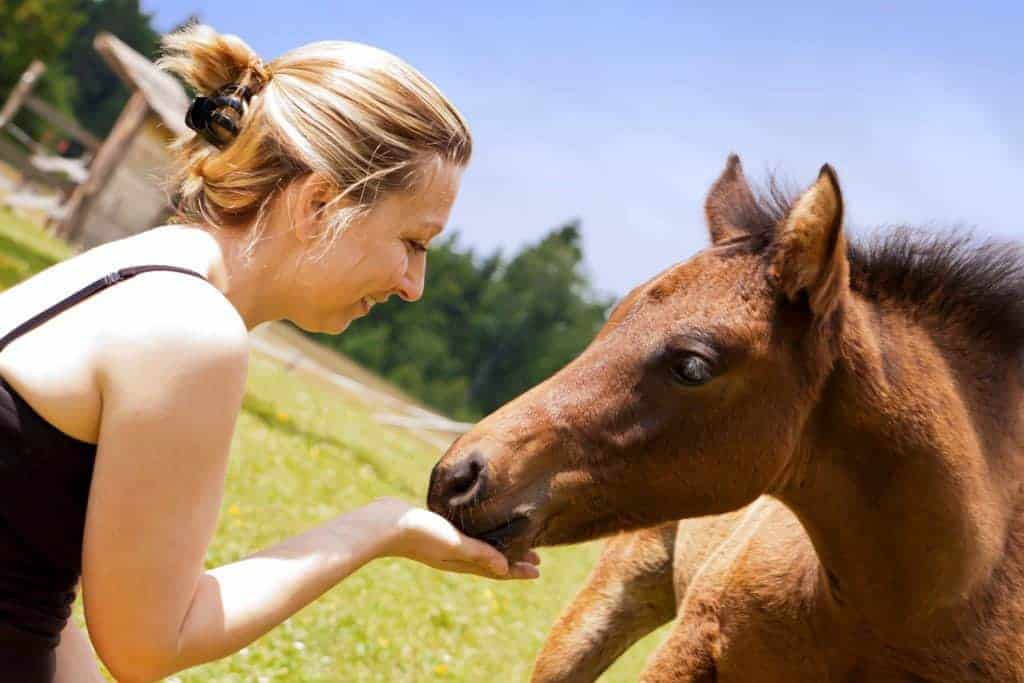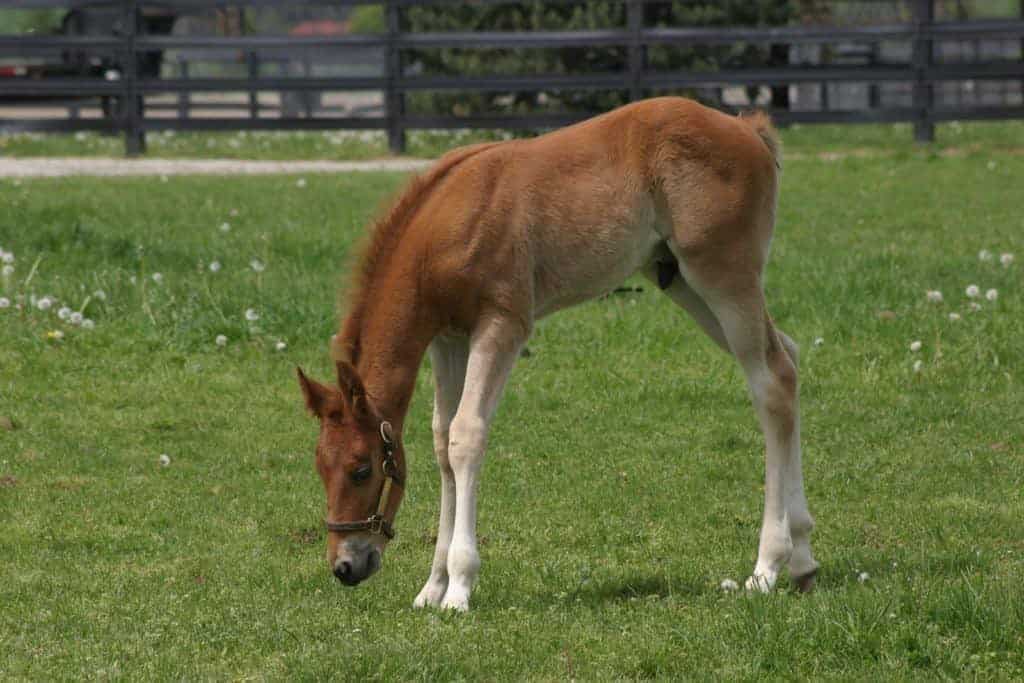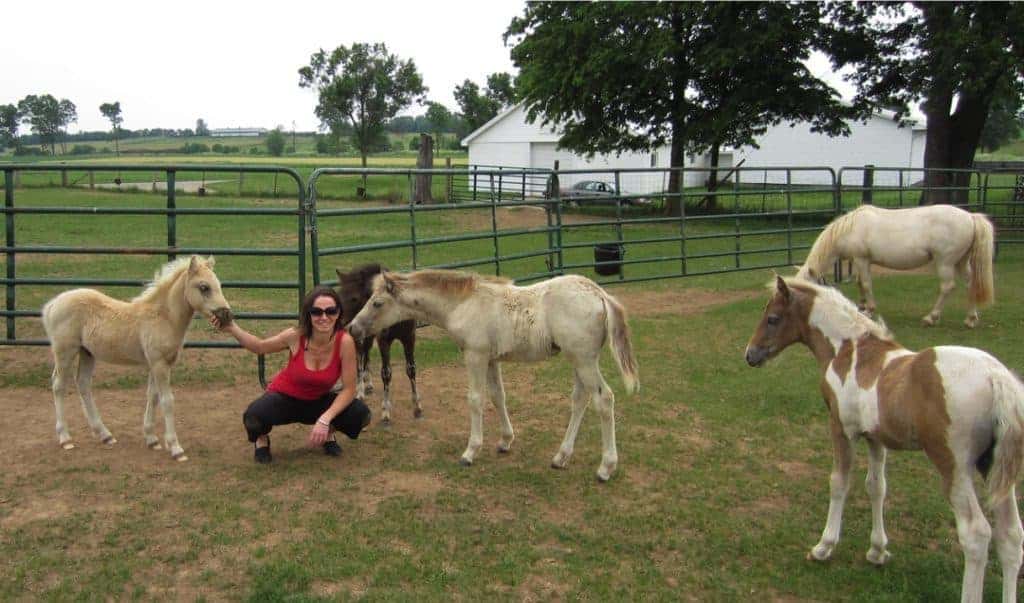
Study: Dams Shape Foals’ Relationships With Humans
A good relationship with the dam is an easy way to promote positive interactions between foals and humans.

A good relationship with the dam is an easy way to promote positive interactions between foals and humans.

Dull coat? Cinchy? Thin? Your horse might be one of the 50-90% suffering from gastric ulcers. Get your gastric ulcer questions answered during our live Q&A event.

Researchers found that, overall, 90.5% of mares and 82.3% of foals survived to hospital discharge following treatment.

Two equine surgeons shared their thoughts on rotational limb deformities, contracted carpal joints, club feet, and more.

A correct diet can make these sometimes-debilitating conditions manageable.

Foals with IgG levels lower than 800 mg/dL are more likely to die than those with levels greater than 800 mg/dL.

Many conditions common to foals can contribute to or cause auditory dysfunction. Here’s what to watch for.

An equine behavior expert addresses contradictory characteristics between foals out of one mare born different years.

Dr. Martin Nielsen shares cutting-edge information about equine parasite control. Does your dewormer work? Find out in this information packed presentation.

Sanz’s research has focused on Rhodococcus equi, a microorganism that causes pneumonia in young foals.

In response to a reader question Dr. Nancy Diehl shares insight on equine maternal instincts, foal stealing, and more.
A filly goes to the trainer and ends up sick and with ulcers. Will they return when she goes back into training?

Using proper diagnostic technique and good quality radiographs is critical when diagnosing these fractures in foals.

Design vaccination protocols to maximize each horse’s innate and adaptive responses to disease challenges.

A rupture to this hind leg muscle can be fatal. Here’s what to watch for in young foals.

Study findings included that colts were at a higher risk than fillies for developing disease, and foals weaned after August were at lower risk for developing EPE than those weaned earlier.
Stay on top of the most recent Horse Health news with
"*" indicates required fields